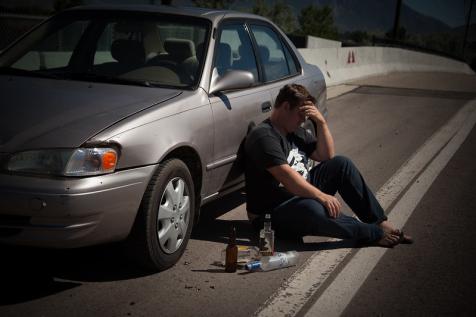Your driving license may be revoked or suspended if you are convicted of serious driving offenses. These offenses include multiple driving infractions in a short time, driving under the influence of alcohol, and other crimes.
Even if the DMV or court suspends your license, you can still obtain a ‘hardship license’ so that you can drive again. The rules under which you can get a hardship license depend on the state laws. The possibility of getting a hardship license (also known as a “limited driving privilege” or a “restricted license”) depends on the nature of the driving violations as well.
A hardship license may be necessary since it prevents people from losing their jobs. The document also helps them carry out important obligations that need driving. Hence, to obtain a hardship license, you may have to prove certain reasons to the DMV or court for which driving is necessary. Such reasons include:
● keeping your job
● getting your kids to school
● attending drug or alcohol treatment
● obtaining emergency medical attention
● executing other critical tasks
However, a hardship license will not restore all of your driving privileges. There may be numerous restrictions that apply as well as conditions under which you can drive. In certain states, drivers with a hardship license may be allowed to drive only along certain routes and in specified places. Most hardship licenses allow motorists to drive at only certain times of the day. For instance, a hardship license may permit the license holder to drive during daylight hours only.
In each state, there are different criteria for getting your hardship license. The type of violation that leads to the suspension of your driving license greatly influences your chances of having a hardship license. It also depends on the kind of license that you held before it was suspended and also on your driving record.
Many states also have a mandatory ‘hard suspension’ period that the driver must undergo before getting a hardship license. This is a period during which the driver with a suspended license is not permitted to drive at all.
Each state has certain procedures in place for a restricted license application. In several states, the driver is required to send the application through a DMV.
The applicant also has to attend a hearing during which the DMV official or judge will decide whether or not the hardship will be issued. If the DMV official or the judge decides to issue the hardship license, they will also state the restrictions that apply.
In case the license was suspended due to DUI, the driver may have to install an ignition interlock device as a prerequisite for attaining the restricted license.
If you need a hardship license, you should get in touch with an attorney who specializes in dealing with driving violations, including DUI.
Contact us today.



